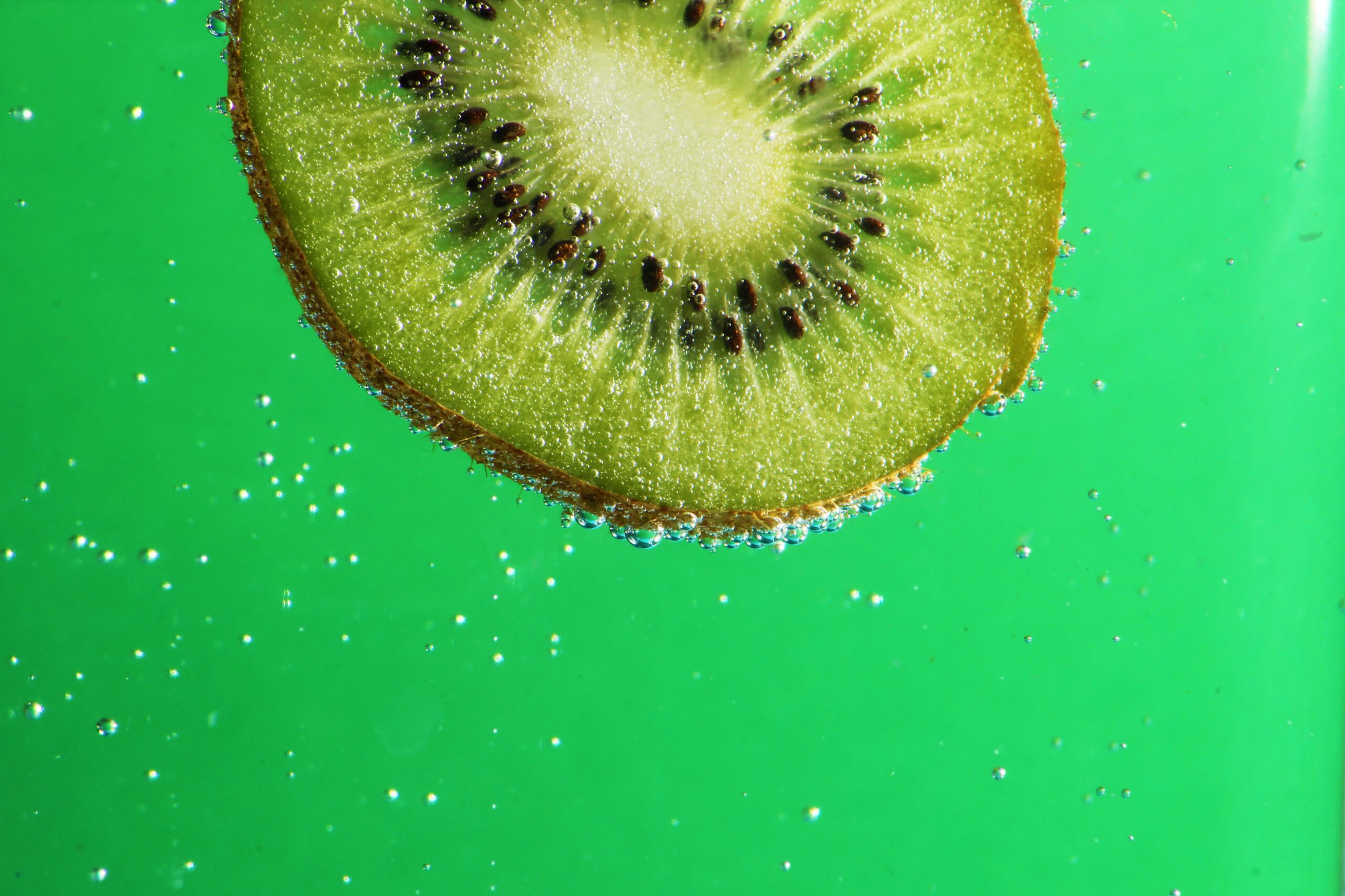Post-Birth Control Hair Loss
Why did my hair loss start after I stopped hormonal birth control?

Nope, it’s not just in your head.
Hair loss can sometimes occur after discontinuing hormonal contraceptives (including birth control pills, hormonal IUDs, patch, shot, implant, etc.) that contain progestins, a synthetic form of the hormone progesterone. Although it’s not yet widely recognized as a medical condition more healthcare providers are becoming aware of post-birth control hair loss.
The irony of this phenomenon is that hair loss is also an under-recognized side effect of some forms of birth control.
General understanding of the hormonal changes that happen after discontinuing hormonal contraceptives and what that means for our hair is still in its early stages, so don’t be surprised if you haven’t heard this issue talked about before.
Hormonal contraceptives contain the synthetic versions of our natural hormones. Hormone levels can play off of each other (sometimes we call this a ‘feedback loop’), meaning that changes in the levels of one hormone can lead to changes in the level of another. Because of how our body is designed, when some women discontinue the synthetic hormones in their contraceptives, they can experience something being called an “androgen-rebound”. In most cases this is temporary but, in some instances, women have trouble regaining healthy hormone balance.
Whether hormone imbalances following hormonal contraceptive use is short-lived or impacts our health over a longer period of time, a surge in androgenic hormones can lead to hair loss. This is because of how androgen’s influence our hair growth cycle.
Factors that may be contributing to post-birth control hair loss.
Why do some women experience post-birth control hair loss whereas others don’t notice this symptom? There are many different factors that may contribute to your individual experience with hormonal birth control, including your genetics, the type of hormonal contraceptive used, and the duration, among others.
Let’s look at the five common factors that may be contributing to post-birth control hair loss:
1. Hormonal Issues Pre-Pill: It’s possible that if you started using hormonal contraceptives to “fix” hormone issues like hair loss, PMS, acne, etc. that the underlying issues were only temporarily masked. Many women find that the same hormone dysregulation that led them to start hormonal birth control is waiting for them when they discontinue their usage.
2. Post-Pill Hormonal Issues: The synthetic hormones in hormonal birth control impacts our own hormone levels and sometimes coming off them can ‘upset the apple cart’, so to speak. For many women, the post-pill hormonal disruption is temporary, although it may still lead to hair loss.

3. Nutrient Depletions: The pill, patch, IUD, etc. can impact nutrient levels including depleting our body of B vitamins, vitamin C, magnesium, selenium, and zinc. These nutrients are all super important for healthy hair growth!
4. Gut Issues: Hormonal contraceptives change our gut microbiome, and can predispose us to gut inflammation. Not only does gut health impact nutrient status and our ability to detoxify, but it may potentially change our skin microbiome in a way that is detrimental to healthy hair.
5. Blood Sugar Dysregulation: Hormonal contraceptives may impair how well our body manages our blood sugar by impacting our insulin signaling. High insulin levels actually promote the production of potent androgens that can bind to our hair follicles and lead to hair loss.
It’s important to remember that hair loss is a symptom, and that symptoms are our body’s way of communicating with us. If you’re experiencing hair loss (even post-birth control hair loss), it’s important to ask: What is my body trying to tell me about my current state of health?



